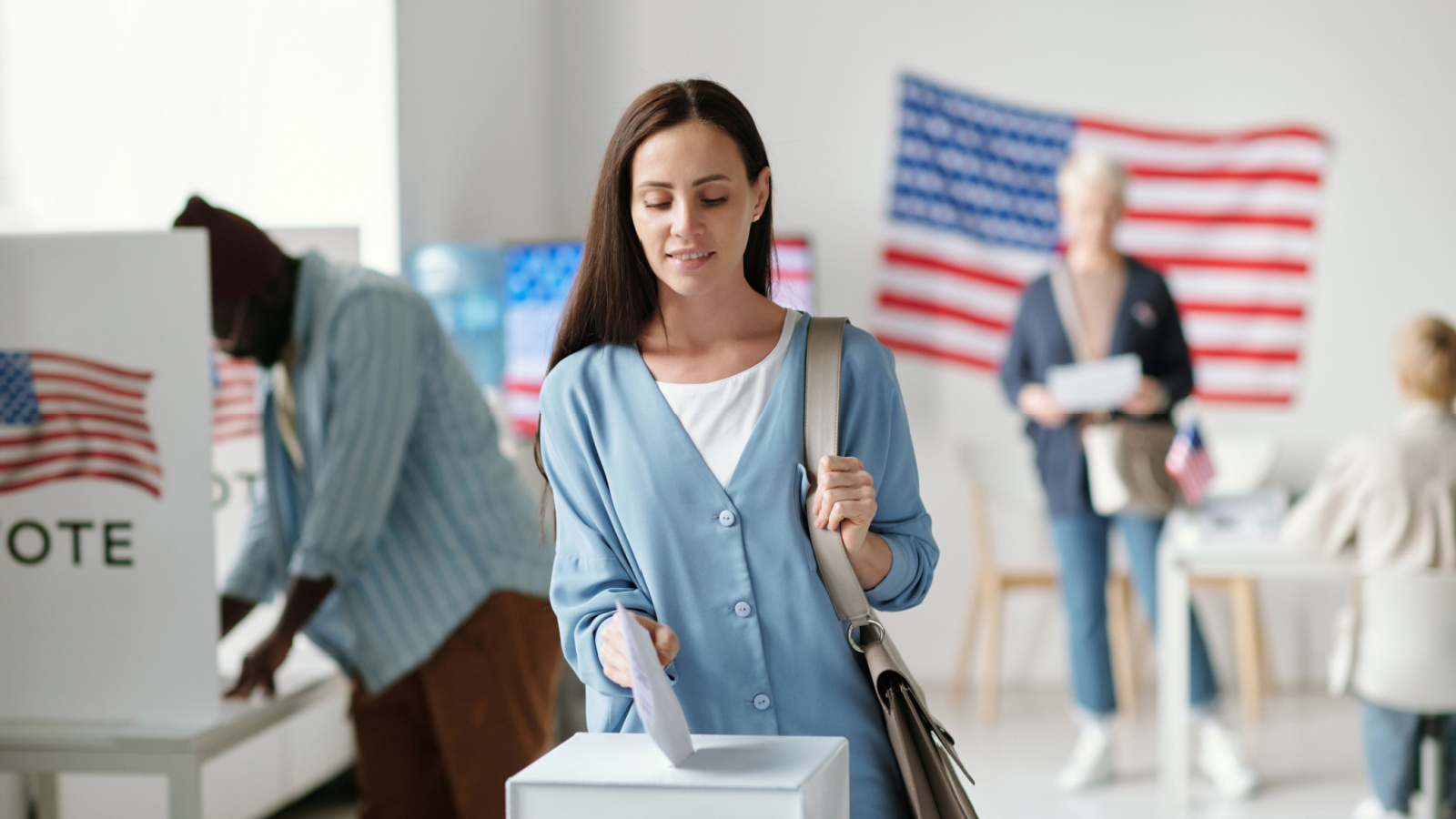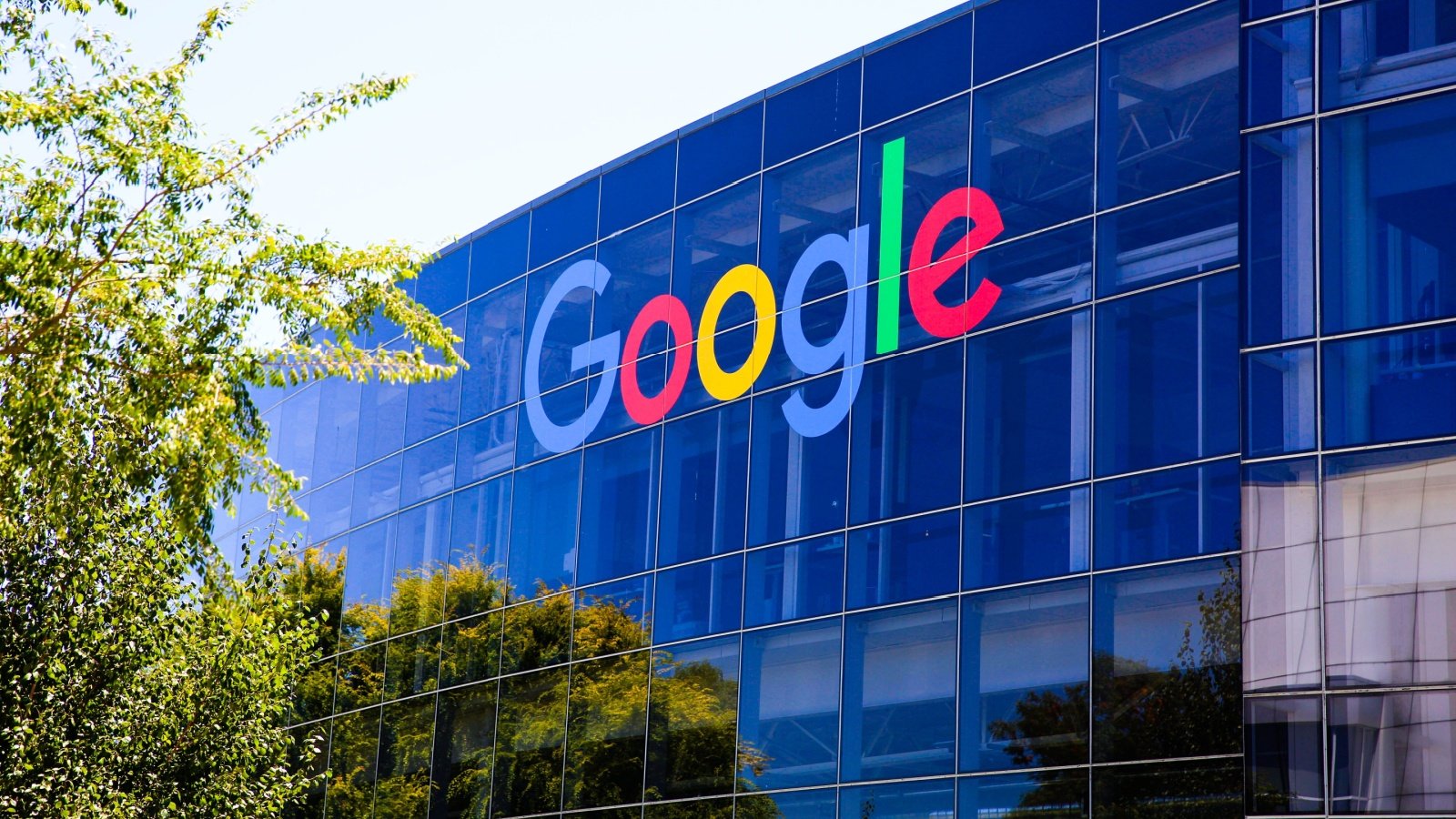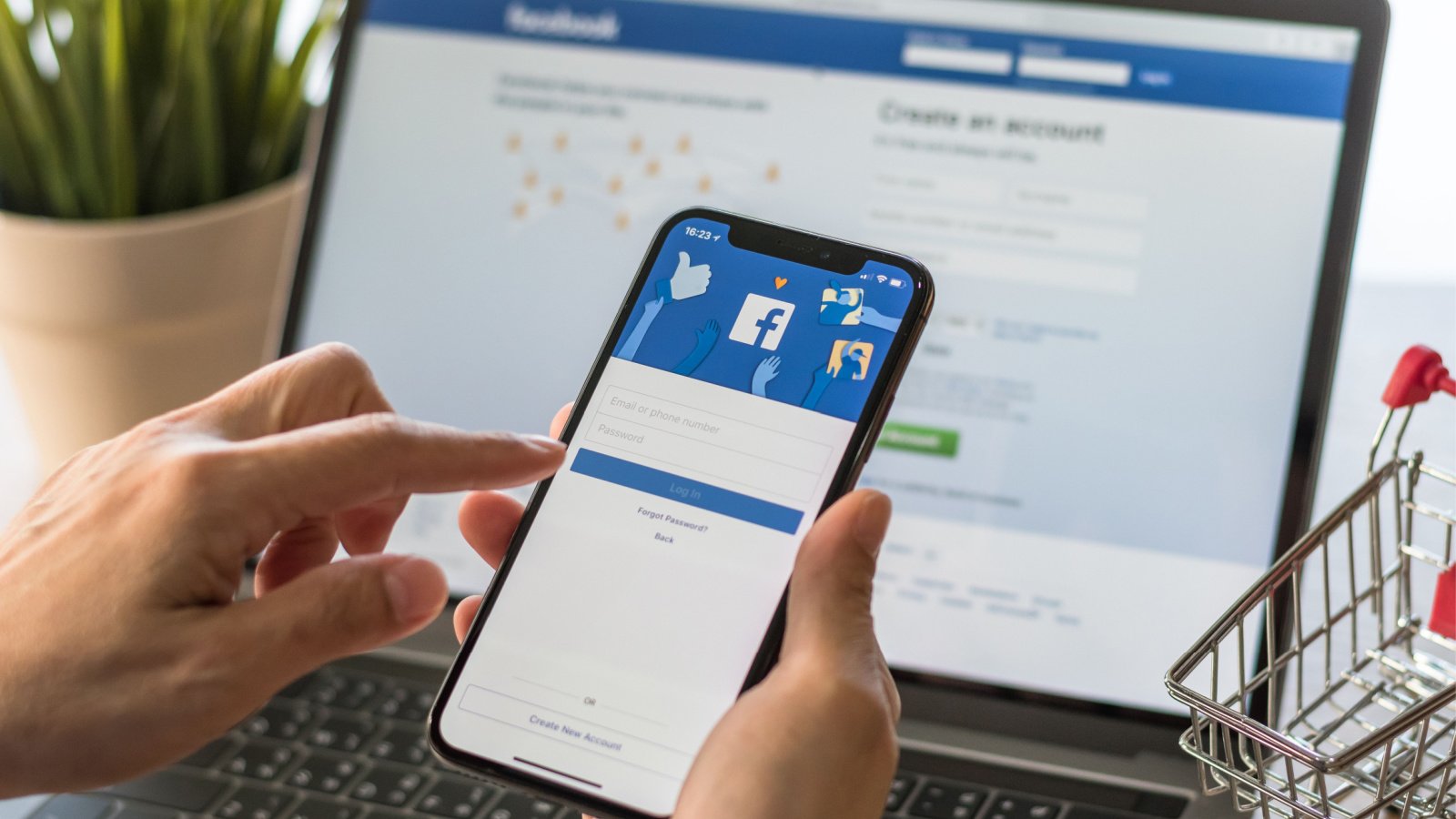A recent Business Insider article covered new findings on Gen Z’s characteristics that have stumped and bemused older generations.
Digital Interactions of Gen Z

Gen Z is notably the first generation with nearly lifelong interactions with digital content, memes, social media, chat technologies, video on smartphones and handheld devices, and widespread access to news articles at the push of a button. Pew Research defines Generation Z as anyone born between 1997 and 2012.
The Core Question

The recent article by Business Insider article tackled the question, “How do America’s teens and youngest adults sort through all that digitized gunk to determine what’s important, useful, or true?”
Importance of Understanding Gen Z

A lot is invested in the answers to these probing questions. Gen Z is the upcoming and current demographic of voters, investors, customers, users, and workers. Understanding Gen Z’s unique characteristics is in the interest of all today’s leaders.
Jigsaw’s Research on Information Processing

Google subsidiary Jigsaw has engaged in research on political polarization trends online. They have focused on the modes in which Gen Z takes in and processes the information they learn online. The research intended to provide an illuminating and visionary body of knowledge on Gen Z’s “information literacy.”
Shifting Focus from Information Literacy to Sensibility

However, upon beginning the massive undertaking, Jigsaw CEO Yasmin Green said, “Within a week of actual research, we just threw out the term ‘information literacy.’” Jigsaw soon found that the Gen Z population “is not on a linear journey to evaluate the veracity of anything.”
Redefining Information Sensibility

The Google researchers retooled their study to evaluate instead “information sensibility,” which is a “socially informed” mode of considering information that is not based on scientific rigor and absolutes but on “folk heuristics of credibility.”
Findings on Gen Z’s Information Consumption

One example of Jigsaw’s findings is that Gen Z only reads headlines digitally and scrolls to the comments section of an article or social media post to see what other readers think of the content.
Trust in Influencers Over Credentials

According to the researchers, credible sources for Gen Z are influencers and other notable figures they inherently trust based on sensibilities and emotions rather than credentials. They would rather adopt the position of a favored influencer on a topic rather than delve for the truth in the primary source. For example, Beth Goldberg from Jigsaw said, “Gen Zers will have a favorite influencer or set of influencers to whom they essentially outsource their trust, and then they’re incredibly loyal to everything that influencer is saying.”
Preference for Short-Form Content

Gen Z also does not read long-form content and cherry-picks sources of content that do not require too much mental exertion or cause an emotional reaction. Researchers found that Gen Z’s overriding goal is to remain knowledgeable enough to carry on conversations within their self-selecting social groups.
Valuing Authenticity

According to Jigsaw’s research, Gen Z values authenticity. In 2019, the president of the American teen brand American Eagle, Chad Kessler, said, “Gen Z wants to support and participate in brands that they believe in and that reflect them. They are loyal to brands they feel understand them and reflect their values.”
Different Attitudes Toward Truth

Jigsaw’s CEO Green compared the attitudes of Gen Z versus older generations about truth. She said, “The old guard is like: ‘Yeah, but you have to care ultimately about the truth.’ The Gen Z take is: ‘You can tell me your truth and what you think is important.” This insight underscores the ultimate bottom line for Gen Z: that authority and truth do not lend relevance to a claim but rather what peers settle on and signal back to each other in assessing a specific claim.
Online Social and Information World

Another significant finding from the Jigsaw research is how Gen Z views their online social and information world. In a nutshell, Gen Z finds its news sources within its social network. They also spend most of their time in the digital world in “timepass” mode rather than seeking specific information or completing particular tasks, as older generations had to “log in” to do.
Trust-Aversion to Gimmicks

Anecdotally, the Jigsaw research subjects also communicated that Gen Z has a trust-aversion to gimmicks and inauthenticity. For example, a subject told Jigsaw researchers, “If you’re making clickbait, you have zero faith in your content. And news sources—even CNN and The New York Times—do clickbait. I throw those articles away immediately.”








